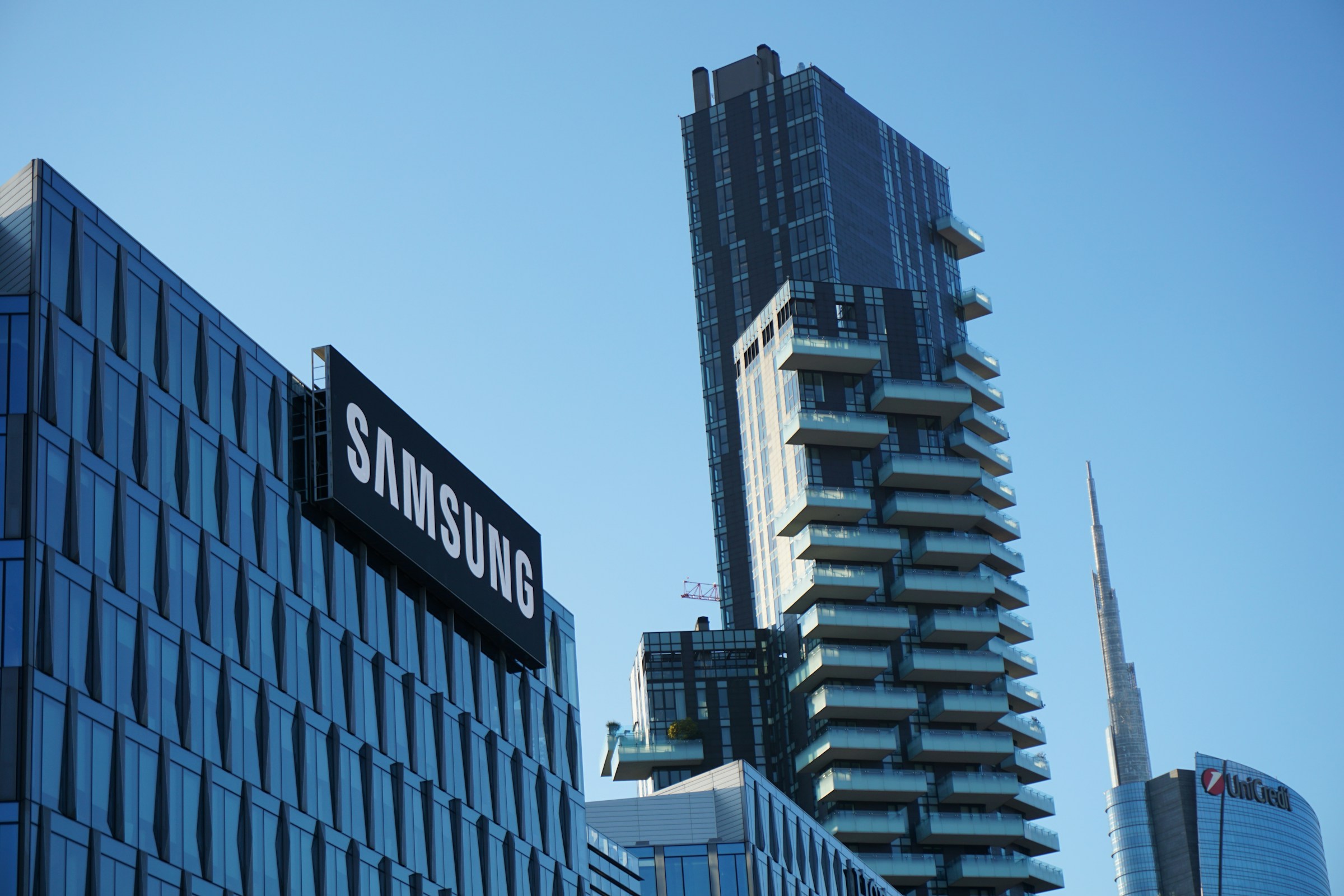Samsung Electronics has received approval to supply its high-bandwidth memory (HBM) chips to Nvidia, marking a crucial step in its effort to close the gap with SK Hynix, the leading supplier of advanced memory for AI applications. The South Korean chipmaker’s 8-layer HBM3E, a less advanced variant than the cutting-edge 12-layer version, was cleared by Nvidia in December. These chips will be used in Nvidia’s AI processors tailored for the Chinese market, according to sources familiar with the matter.
This approval is a milestone for Samsung, which has lagged behind SK Hynix in the lucrative AI memory segment. Nvidia has primarily relied on SK Hynix for its most advanced HBM chips, and Samsung has faced delays in obtaining certification. At CES earlier this year, Nvidia CEO Jensen Huang acknowledged Samsung’s efforts, stating that the company was working hard to refine its HBM design.
The announcement sent shockwaves through the semiconductor market. Shares of SK Hynix plunged as much as 12% in Seoul on the first trading day after the Lunar New Year holiday, reflecting growing concerns about market demand following DeepSeek’s rise in the AI sector. Samsung’s shares also dipped over 2%, following weaker-than-expected earnings from its chip division. Meanwhile, Micron Technology saw a drop in the US after news of Nvidia’s approval for Samsung’s HBM chips.
HBM chips are critical for AI training and development, as they offer faster and more energy-efficient data processing. Their complexity makes them highly profitable compared to conventional memory chips. SK Hynix has led the market, being the first to mass-produce 8-layer HBM3E earlier this year and launching the more advanced 12-layer variety at the end of 2024.
Samsung has been aggressively reorganizing its semiconductor division under chip chief Jun Young-hyun, increasing research and development investment to strengthen its position in next-generation HBM technology. Both Samsung and SK Hynix are now competing to become Nvidia’s key supplier for HBM4 chips, expected to enter mass production in the second half of this year.
The competition between Samsung and SK Hynix for dominance in AI memory supply is intensifying, with Nvidia playing a decisive role in shaping the future of the industry. As AI adoption accelerates, the battle for high-bandwidth memory supremacy will continue to reshape the semiconductor landscape.


